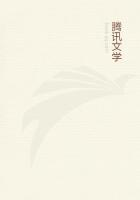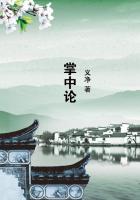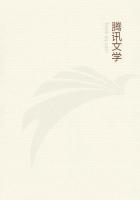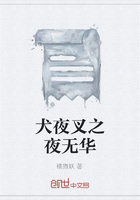Let us now examine the combined effect of ruined transport and the six years' blockade on Russian life in town and country.First of all was cut off the import of manufacturedgoods from abroad.That has had a cumulative effect completed, as it were, and rounded off by the breakdown of transport.By ****** it impossible to bring food, fuel and raw material to the factories, the wreck of transport makes it impossible for Russian industry to produce even that modicum which it contributed to the general supply of manufactured goods which the Russian peasant was accustomed to receive in exchange for his production of food.On the whole the peasant himself eats rather more than he did before the war.But he has no matches, no salt, no clothes, no boots, no tools.The Communists are trying to put an end to illiteracy in Russia, and in the villages the most frequent excuse for keeping children from school is a request to come and see them, when they will be found, as I have seen them myself, playing naked about the stove, without boots or anything but a shirt, if that, in which to go and learn to read and write.Clothes and such things as matches are, however, of less vital importance than tools, the lack of which is steadily reducing Russia's actual power of food production.Before the war Russia needed from abroad huge quantities of agricultural implements, not only machines, but ****** things like axes, sickles, scythes.In 1915 her own production of these things had fallen to 15.1 per cent.of her already inadequate peacetime output.In 1917 it had fallen to 2.1 per cent.The Soviet Government is ****** efforts to raise it, and is planning new factories exclusively for the ****** of these things.But, with transport in such a condition, a new factory means merely a new demand for material and fuel which there are neither engines nor wagons to bring.Meanwhile, all over Russia, spades are worn out, men are plowing with burnt stavesinstead of with plowshares, scratching the surface of the ground, and instead of harrowing with a steel-spiked harrow of some weight, are brushing the ground with light constructions of wooden spikes bound together with wattles.
The actual agricultural productive powers of Russia are consequently sinking.But things are no better if we turn from the rye and corn lands to the forests.Saws are worn out.Axes are worn out.Even apart from that, the shortage of transport affects the production of wood fuel, lack of which reacts on transport and on the factories and so on in a circle from which nothing but a large import of engines and wagons will provide an outlet.Timber can be floated downthe rivers.Yes, but it must be brought to the rivers.Surely horses can do that.Yes, but, horses must be fed, and oats do not grow in the forests.For example, this spring (1920) the best organized timber production was in Perm Government.There sixteen thousand horses have been mobilized for the work, but further development is impossible for lack of forage.A telegram bitterly reports, "Two trains of oats from Ekaterinburg are expected day by day.If the oats arrive in time a considerable success will be possible." And if the oats do not arrive in time? Besides, not horses alone require to be fed.The men who cut the wood cannot do it on empty stomachs.And again rises a cry for trains, that do not arrive, for food that exists somewhere, but not in the forest where men work.The general effect of the wreck of transport on food is stated as follows: Less than 12 per cent.of the oats required, less than 5 per cent.of the bread and salt required for really efficient working, were brought to the forests.Nonetheless three times as much wood has been prepared as the available transport has removed.

